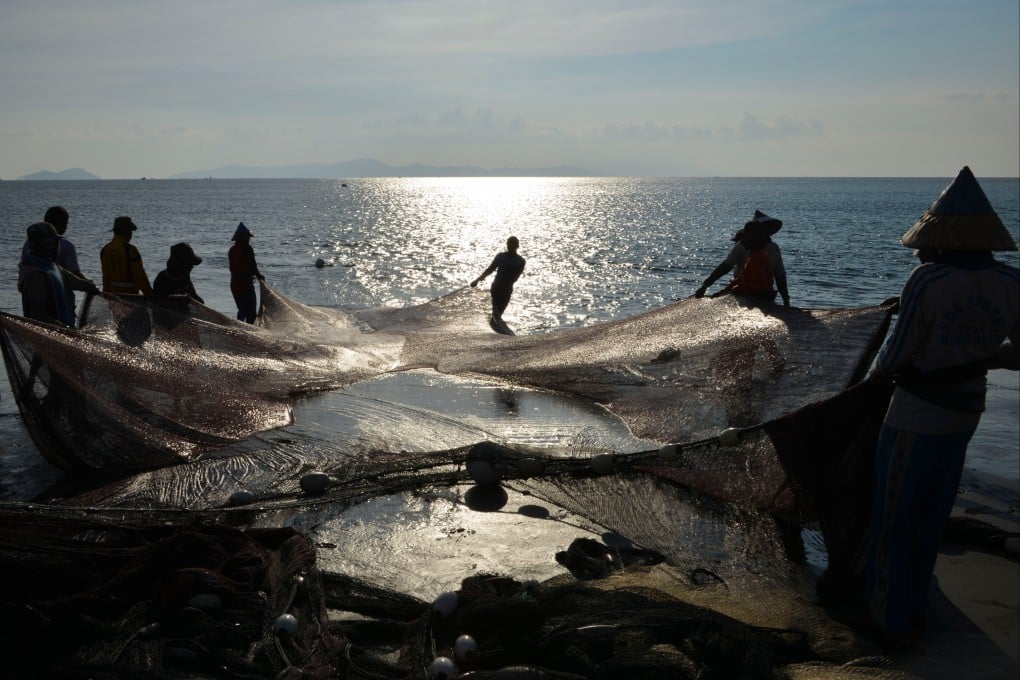Letters | Seafood slavery: Indonesia must better protect the rights of its fishermen
- In Asia, only Thailand has ratified the International Labour Organization’s 2007 Work in Fishing Convention
- Indonesia, which has the world’s second largest fishery sector worth US$27 billion, has to do more to better protect maritime worker rights

From piracy, violence at sea, modern slavery and migrant smuggling to child labour and socially responsible seafood, many issues need to be addressed. As an ocean constitution, the 1982 United Nations Convention on the Law of the Sea makes no explicit mention of human rights. However, Article 99 specifically prohibits the transport of slaves and Article 98 makes it clear that ships must help anyone at sea who is lost or in distress.
In 2014, the Indonesian government unveiled its vision for the archipelagic country, which stretches from the Indian Ocean to the Pacific Ocean, to become a “global maritime fulcrum” to capitalise on its vast maritime potential. This has since been codified as the national sea policy and expanded. This policy is based on, among other things, the equality and equity of ocean development.
